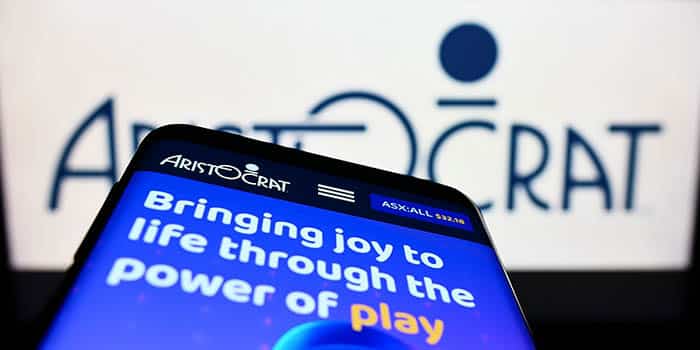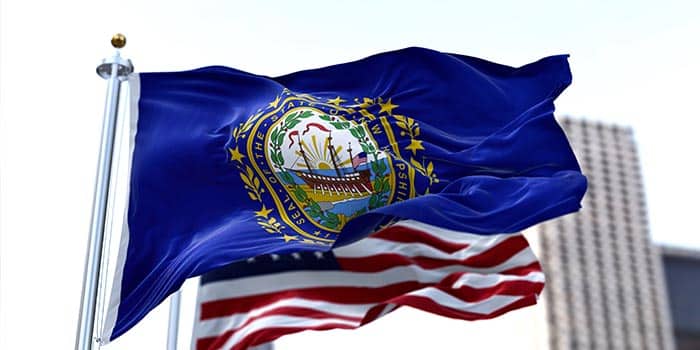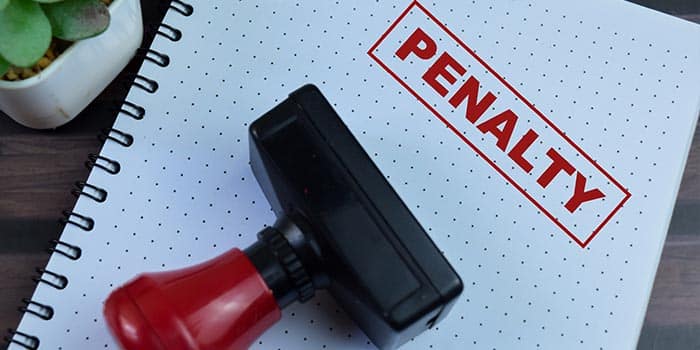- Casino
- By State
- Alabama
- Alaska
- Arizona
- Arkansas
- California
- Colorado
- Connecticut
- Delaware
- Georgia
- Florida
- Hawaii
- Idaho
- Illinois
- Indiana
- Iowa
- Kansas
- Kentucky
- Louisiana
- Maine
- Massachusetts
- Maryland
- Michigan
- Minnesota
- Mississippi
- Missouri
- Montana
- Nebraska
- Nevada
- New Hampshire
- New Jersey
- New Mexico
- New York
- North Carolina
- North Dakota
- Ohio
- Oklahoma
- Oregon
- Pennsylvania
- Rhode Island
- South Carolina
- South Dakota
- Tennessee
- Texas
- Utah
- Vermont
- Virginia
- Washington
- West Virginia
- Wisconsin
- Wyoming
- By State
- Slots
- Poker
- Sports
- Esports
Massachusetts’ Safer Gambling Efforts Intensify but There Is More to Do
New England Public Media wanted to learn what it takes to help people play responsibly

In 2023, Massachusetts joined the list of states where sports betting is legal. Years after the repeal of the PASPA, more and more states are welcoming the vertical, opening a new chapter for wagering in the United States.
However, as gambling becomes more and more proliferated, the risks of gambling harm also increase. New England Public Media spoke experts on the matter, inquiring about what it takes to help people play responsibly.
Amy Gabrila, 47, is a GameSense employee who works at the MGM casino in Springfield, greeting visitors and helping people deal with gambling issues. She told New England Public Media that she can usually sense why someone visits the center.
According to Gabrila, some people stop by just to chat while others wish to learn to play certain games. However, sometimes the discussion pivots to gambling harm, revealing the distress of customers.
Gabrila and her GameSense colleagues would also cruise the casino floor, looking for players who might be experiencing harm. When a customer makes eye contact, she greets them and sees how they are doing. Some would admit to having spent more than they meant to, in which case Gabrila would try to reassure them that everything is okay while encouraging them to set a budget.
GameSense Helps Players Avoid Harm
GameSense is a program run by the Massachusetts Council on Gaming and Health. The charity is sponsored by the Massachusetts Gaming Commission and seeks to mitigate gambling harm in the state.
Prior to joining GameSense, Gabrila worked for the casino industry as a dealer and floor manager. While she enjoyed the work, sometimes she would feel guilty about encouraging customers to play. In her interview with New England Public Media, the GameSense worker reminisced about a time when an elderly woman lost all of her money at a gambling table.
Because of such cases, Gabrila decided to join GameSense as an advisor and help at-risk players. She explained that her job isn’t to besmirch people for their gambling habits but rather teach them how to make informed decisions.
MA Understands Harm Better than It Did a Decade Ago
Experts say that 8% of the population in Massachusetts is at high risk of gambling harm, while another 2% already experience severe addiction.
Mark Vander Linden, the MGC’s director of research and responsible gambling, said that there is a lot more to learn about harm. However, he pointed out that the industry already knows much more than it did 10 years ago.
GameSense strives to teach people the true odds of gambling and to help them make informed decisions. This approach can still vary in efficiency depending on how addicted a player might be, Lia Nower, the director of the Center for Gambling Studies at Rutgers University, said. She pointed out that impulsive risk-takers would not be dissuaded by learning the odds of winning.
However, Gabrila argues that GameSense is not only about telling people the odds but also about “being visible to the players.”
Budgeting and Exclusion Can Provide Some Relief
Gabrila told the news outlet of a regular customer called Monroe who would come and try to make $50 gambling. Maintaining realistic expectations helps the player play responsibly, unlike many compulsive players.
In the past, however, Monroe used to be a compulsive player himself. During those times, he would gamble all day. When on a losing streak, he would continue to play, chasing losses. When on a winning streak, he would continue playing in hopes of getting more.
Monroe is now supported by GameSense’s Play My Way budgeting program which helps him set spending limits and keep his habits under control.
Players who feel that they are losing their grip can also exclude themselves from gambling through Massachusetts’ voluntary self-exclusion list. However, Nower doubts the efficiency of the self-exclusion list since many players would return to their old ways once their exclusion period expires.
Still, excluded players are offered recovery support from the Massachusetts Council on Gaming and Health. A person who chose to be identified as J manages this support. She told New England Public Media that, unfortunately, only a quarter of the excluded people agree to take her first phone call and only a fraction of those agree to further check-ins by phone or text.
J’s job is to direct people struggling with gambling harm to professional treatment services. However, Massachusetts’ safer gaming sector is still underdeveloped.
Experts agree there is a lot left to do.
Related Topics:
Although Fiona doesn't have a long-spanning background within the gambling industry, she is an incredibly skilled journalist who has built a strong interest in the constantly growing iGaming network. The team at Gambling News is glad to have her on our roster to help deliver the best stories as soon as they hit. Aside from writing, she loves to dabble in online casino games such as slots and roulette, both for her own enjoyment and also as research to better improve her understanding of the industry.
Previous Article

Industry
November 8, 2023
Amouranth Unveils Insights Regarding Lucrative Deal with Kick

Must Read
Industry
June 27, 2025
Las Vegas Sphere Bashed for Charging $170 for Pizza
















